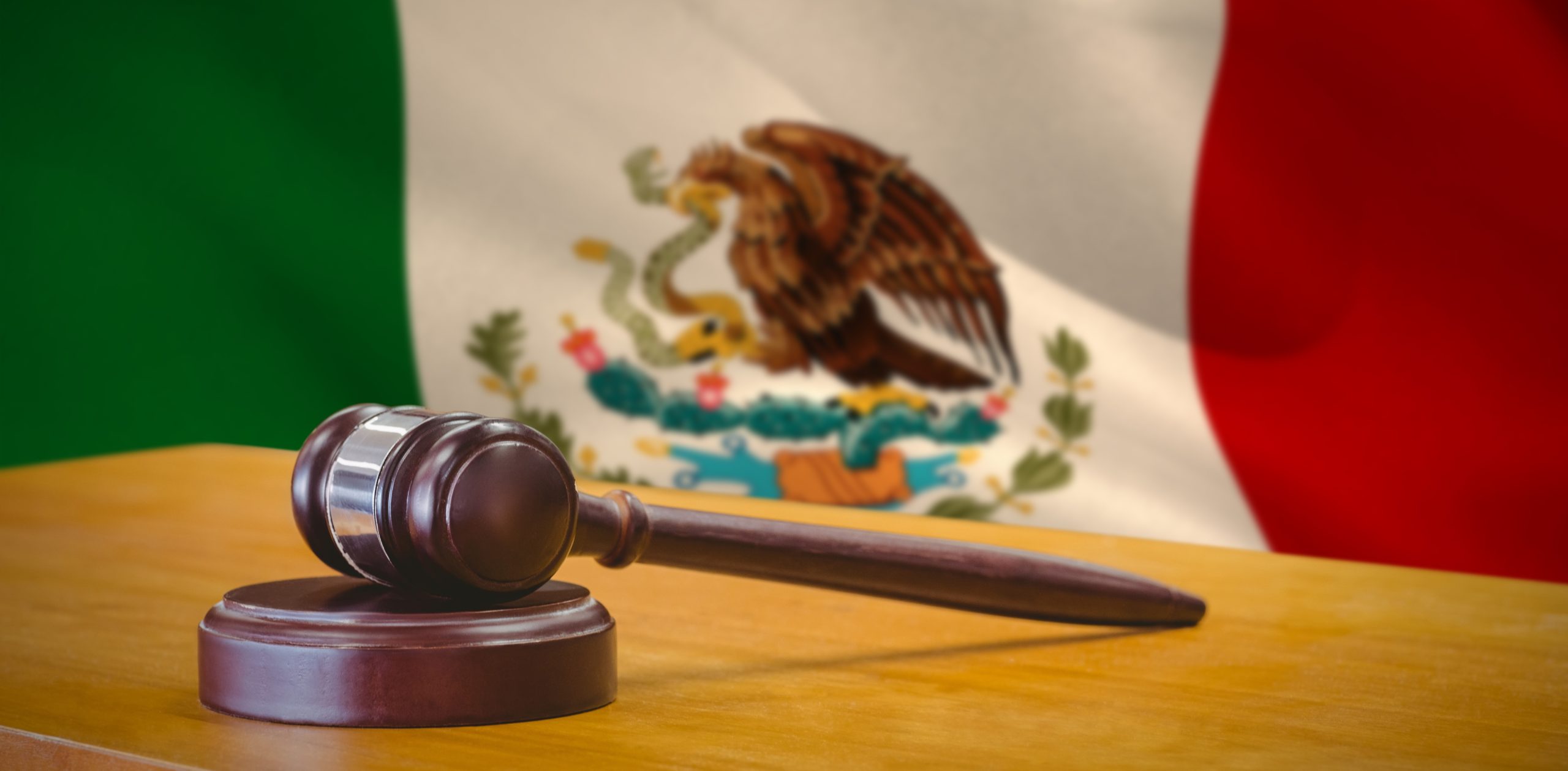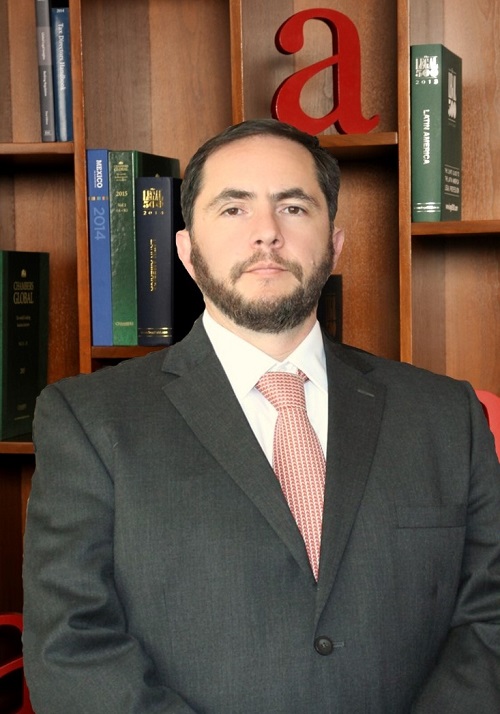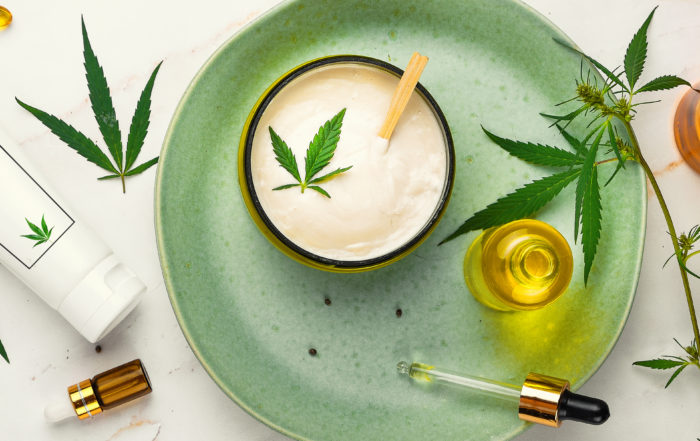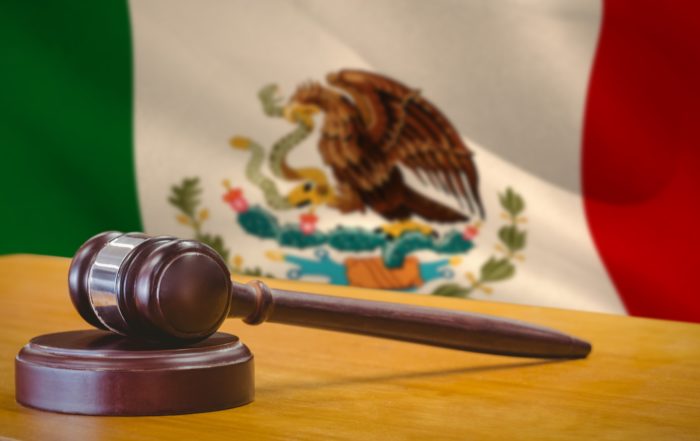
You Can Smoke Tobacco, Sugar Cane, or Newspapers, But You Cannot Vape
Vaping, and its associated regulations and risks, is probably one of the hottest topics being addressed by health authorities and industry specialists in diverse countries around the world. Mexico is no exception to this trend. The upcoming vaping industry is being subjected to considerable scrutiny and, at times, outright prohibition by the health authorities—just as dietary supplements, herbal remedies, homeopathic medicine, piercings, and tattoos were examined in the past. As a general rule, the Mexican health authorities have deemed that vaping, vapers, vaping liquids, accessories, flavors, and almost any other kind of product related to this industry must be considered as forbidden items under the Federal Law for Control of Tobacco Products (Tobacco Law).
The Tobacco Law was enacted on May 30, 2008, a time in which vaping technology was virtually nonexistent. Thus, vaping was not an issue even considered to be included under this law. Article 5 established that the purpose of the law was the protection of non-smokers as well as the regulation of the production, labeling, packaging, publicity, promotion, distribution, sale, and use of tobacco products. Likewise, this law established the obligation for the authorities to implement plans and programs intended to diminish the use and consumption of tobacco products.
Tobacco products are defined by Article 6, Section XIX, to include any product or substance that totally or partially uses tobacco leaves as raw material and is intended to be smoked, chewed, or sniffed. Other related concepts are defined within this same provision, including cigars, cigarettes, and tobacco. Each includes the “Nicotiana tabacum” plant, whether in its natural state or substitutes, and is used for smoking, chewing, or sniffing. Finally, among the diverse definitions, Section VII of this article establishes the concept of “trademark elements.” This concept is defined as names, commercial names, signals, marks, or any other kind of visual or sound signal that relates to tobacco products, such as cigarettes, cigars, chewing tobacco, etc.
Under this provision, no product other than those specifically included by the Tobacco Law should be deemed as subject to its application.
Furthermore, additional prohibitions in connection with tobacco products are included in Articles 16 and 17 of the Tobacco Law. Amongst these prohibitions are the sale of tobacco products on an individual basis; direct access to tobacco products in retail activities; sale of tobacco products through vending machines; promotion, distribution, or gratuitous delivery of tobacco products; sale of tobacco products in premises intended for educational purposes; and use of underage individuals in any kind of activity involving tobacco products (e.g., transportation, sale, distribution, publicity, etc.).
Amongst these prohibitions, Article 16, Section VI of the Tobacco Law establishes that it is expressly forbidden to “market, sell, distribute, or produce any kind of product that, although not a Tobacco Product, contains any of the tobacco products trademark elements or any other kind of mark or signal whether visual or sound that can be directly identified with Tobacco Products[1] regulated by such Law.” The main purpose of this provision was to avoid the manufacturing, marketing, or distribution of products that in some manner included the trademarks or logos of tobacco products. Many of us may remember the diverse toy cars having the “John Player Special” black and gold F1 paint or the yellow Land Rover of the Camel Trophy. Other marketing products included the stuffed “Camel Joe” toys; the red and white Marlboro ashtrays; or the Kent, “More Taste, Fine Tobacco” and All Together jingles, which were precisely targeted by this total prohibition.
Interestingly, the Tobacco Law does not forbid other products that are not otherwise prohibited by law and which do not include the trademark elements referred to by Article 16, Section VI (such as marijuana or opium) that may be smoked. Examples of this include flavored sugar cane pulp and the use of hookahs, pipes, hitters (heaters), or other products in which tobacco or similar products may be smoked. Notwithstanding that the above provision does not prohibit or restrict the use of products not specifically regulated by the Tobacco Law, the Mexican health authorities have taken the position that the above article must be considered to include vapers, vaping liquids, and other similar technologies. The main argument used by the Mexican authorities is that the use of vaping products constitutes a health risk and, to some extent, promotes the use of tobacco products by smokers and nonsmokers alike, and thus promotes a legal activity whose promotion is regulated.[2]
Contrary to smoked tobacco products (e.g., cigarettes), vaping implies the transformation of a liquid into vapor without burning anything, and thus without the creation of certain harmful compounds found in smoke. Irrespective of the possible scientific and medical consequences that vaping may be eventually determined to have, such potential consequences are very likely to be less, at least in regard to the “smoke” component. Hookahs and pipes, which may or may not use tobacco, are neither forbidden nor restricted in cases where they are used to “burn” vegetable materials with flavoring and scents—provided that no tobacco is included in the mixture.
The Mexican authorities have argued that, although no conclusive information regarding the use of vaping products and its potential risks for human health have been determined, its use and marketing should be forbidden.
If the Mexican authorities’ position on the subject of human health derives from the potential risks arising from an activity where “damages to human health are unknown,” then it is possible other activities that could represent a risk to human health may soon be restricted or limited. If the reasoning being applied to vaping was extended to other activities that represent a health risk for human population (according to some health officials), then certain activities regarding food products and transportation could be similarly prohibited.
For example, grilling and cooking with charcoal and barbecue smoke can be considered a significant source of air pollution. Consequently, the person doing the actual grilling would be subjected to considerable exposure to noxious and toxic gas. The people around the grill would, to some extent, also inhale these substances or absorb them through the skin. Of course, those people that are not exposed to the smoke or vapors from the grill would still be subjected to pollution from the toxic materials that attach to the grilled foods, whether these are of animal or vegetable origin. These cooking methods have been scientifically proven to constitute a health risk and thus, under the current position from the health authorities, could at some point in time become a restricted or forbidden activity. This could have a great effect on individuals living in poverty-stricken areas or lacking cooking methods other than charcoal or wood as they would face quite a challenge to be able to cook their food.
Another recent health risk mentioned by some officials is the possible prohibition of certain kinds of fat, particularly lard or fat from animal sources such as pork, poultry, and dairy products. It is a well-known fact that saturated fats may increase the risk of cardiovascular disease. Furthermore, this is of particular importance in a country such as Mexico where obesity is considered a national health emergency. This position could of course have an unfavorable effect on “world famous” Mexican food, which often depends on the particular flavors of a specific animal fat as an ingredient.
Finally, one of the interesting “health risks” that has been raised as a potential area of interest to the Mexican health authorities is the rise of new mobility technologies, particularly electric scooters. Scooters have become a major transportation means in some areas of the largest Mexican cities. In many cases, they have been substituted for the use of private vehicles when traveling for a short distance within the city. At a first look, this situation should appear to be a positive for the general health of the population, due to a reduced use of vehicles and subsequent reduced pollutant emissions. However, some of Mexico City’s local health authorities have considered the use of scooters to be a potential health risk for the local population. The reason for this position is that it is very likely a number of users have sustained injuries by virtue of the lack of proper protection equipment, excessive speed, use of headphones while riding, lack of general care, and lack of driving civility by automobiles, motorcycles, bicycles, and other vehicle drivers.
All of the limitations and prohibitions of these health risks are not only contrary to logic and common sense, but also to various constitutional principles recognized by our Supreme Court of Justice in several precedents.
Among these provisions are those related to the use of marijuana in Mexico, which is totally forbidden under the Mexican General Health Law. In fact, it was not until 2017 that its use for even medical purposes was accepted, as it was considered a narcotic and psychotropic substance. Prior to the 2017 amendments, the Mexican Supreme Court issued several interesting rulings whereby it established that such a totalitarian restriction was contrary to the main human rights contemplated in the Mexican Federal Constitution. In these rulings, the Mexican Supreme Court of Justice determined that the total prohibition for the use of marijuana as a recreational product violates individuals’ “free development of personality,” and thus the possibility to differentiate themselves from the rest of the society.
Based on such arguments and the fact that the Mexican Constitution protects the individual’s right to be unique and independent, the state cannot violate that right irrespective of the fact that the use of marijuana may have negative effects on the individual’s health.[3] The Mexican Supreme Court of Justice established that it is against the Constitution for the state to impose a single standard of “healthy living” in a state that allegedly recognizes the existence of human rights (including uniqueness and independence). Mexico recognizes the personal freedom for individuals to determine the manner in which they wish to develop on their own, even if it is not in the best interest of “their health.”
The Mexican Supreme Court of Justice established that the legal provision cited by the health authorities as the basis for considering vaping and all related activities as forbidden violates the constitutional principle of equal treatment and proportionality. In recent months, the Court has issued several precedents where it establishes that the legal provisions of the Tobacco Law violate the Federal Constitution’s Article 1, since the restriction to “vaping” is much more restrictive than that applicable to tobacco products.
This violation derives from the total and restrictive prohibition on the sale and marketing of products which, although not considered tobacco products, may be considered to be related. In reality, these are attempts by the law to protect the health of individuals from such products. This restriction thus violates diverse constitutional principles and human rights different than the right for a healthy environment and the individual’s health. [4]
Based on these precedents, it is very likely that attempted restrictions on products and activities by the health authorities will find grounds to obtain judicial and constitutional protection from the Mexican courts without a proper consideration of constitutional and human rights principles. Unfortunately, under the Mexican legal system, the fact that certain precedents—and even jurisprudence in a determined sense—exist, does not prohibit the authorities from implementing or applying legal provisions that have been deemed as unconstitutional. This makes it important for the affected parties to file the necessary legal remedies to challenge such application of these provisions.
[1] Emphasis added.
[2] https://www.gob.mx/cms/uploads/attachment/file/215738/7_Alerta_Sanitaria_cigarrillo_electr_nico__21Abril2017.pdf.
[3] The following is a translation of the cited document: “RIGHT FOR THE FREE DEVELOPMENT OF PERSONALITY. THE PROHIBITION FOR THE SELF-CONSUMPTION OF MARIJUANA CONTAINED IN THE GENERAL HEALTH LAW HAS A “PRIMA FACIE” IMPACT ON THE CONTENT OF THIS FUNDAMENTAL RIGHT. This First Chamber concludes that the prohibition contained in articles 235, last paragraph, 237, 245, section I, 247, last paragraph, and 248 of the General Health Law, effectively affects the “prima facie” content of the analyzed fundamental right, since it constitutes a legal obstacle that prevents the exercise of the right to decide what type of recreational activities an individual wishes to carry out, while also preventing one from lawfully carrying out all the actions or activities necessary to be able to materialize that choice through the self-consumption of marijuana: sowing, cultivation, harvesting, preparation, conditioning, possession, transport, etc.” Available at https://www.scjn.gob.mx/sites/default/files/listas/documento_dos/2018-10/AR-547-2018-181002.pdf.
[4] The following is a translation of the conclusion of the text: “FREEDOM OF COMMERCE OR PROFESSIONAL ACTIVITY. SCOPE OF THE PROVISIONS CONTAINED IN THE FEDERAL CONSTITUTION ARTICLE 5. The Supreme Court of Justice has established that the Federal Constitution Article 5 guarantees the right for an individual’s or legal entity’s freedom of activity. However, such guarantee should not be deemed as absolute, unrestricted, and unlimited, but requires that the activity is legal; this is, that it is to be permitted by law or not specifically forbidden. Likewise, this provision establishes that this right can be limited in two cases: a. by judicial determination; b. when the rights of third parties or social rights are violated. When the government limits the right of commerce or professional activity based on a potential violation to social rights, the resolution that limits such activities must always have a legitimate reason that effectively supports the social interest and protects its rights.” Available at https://suprema-corte.vlex.com.mx/vid/tesis-jurisprudencial-pleno-aislada-27202317.
Update Magazine
Spring 2020

 José Alberto Campos Vargas is a partner at Sánchez Devanny who leads the Life Sciences practice and co-heads the International Trade and Customs practice group. He has more than 15 years of experience advising clients operating in regulated sectors on regulation and operational matters, and on international trade matters.
José Alberto Campos Vargas is a partner at Sánchez Devanny who leads the Life Sciences practice and co-heads the International Trade and Customs practice group. He has more than 15 years of experience advising clients operating in regulated sectors on regulation and operational matters, and on international trade matters.




